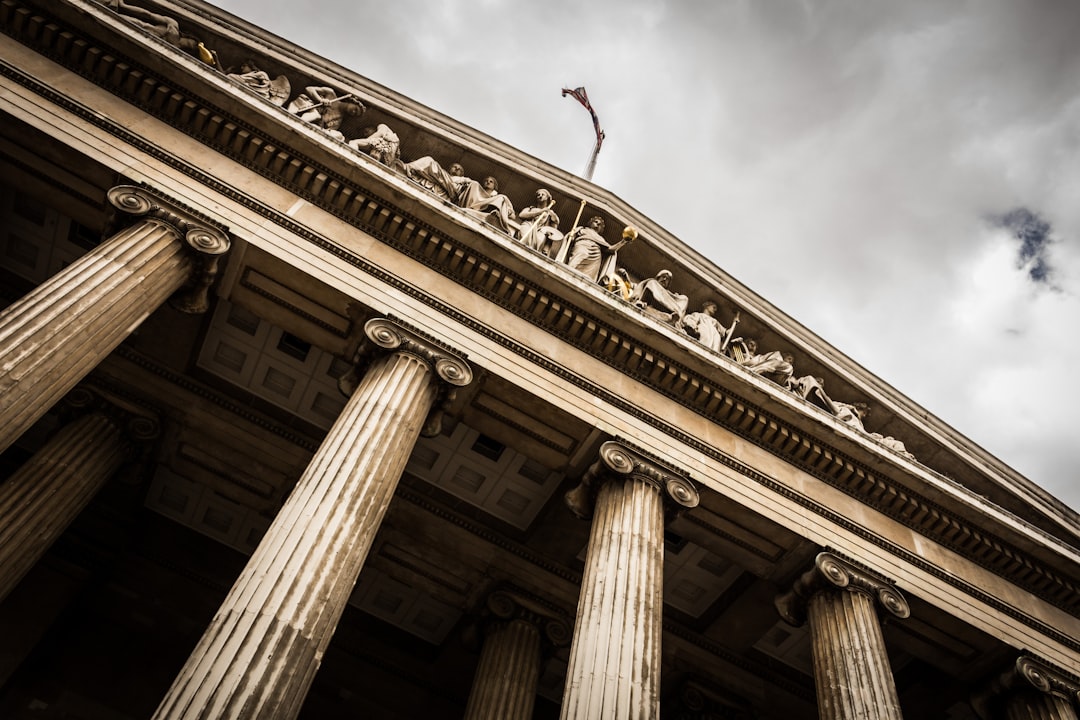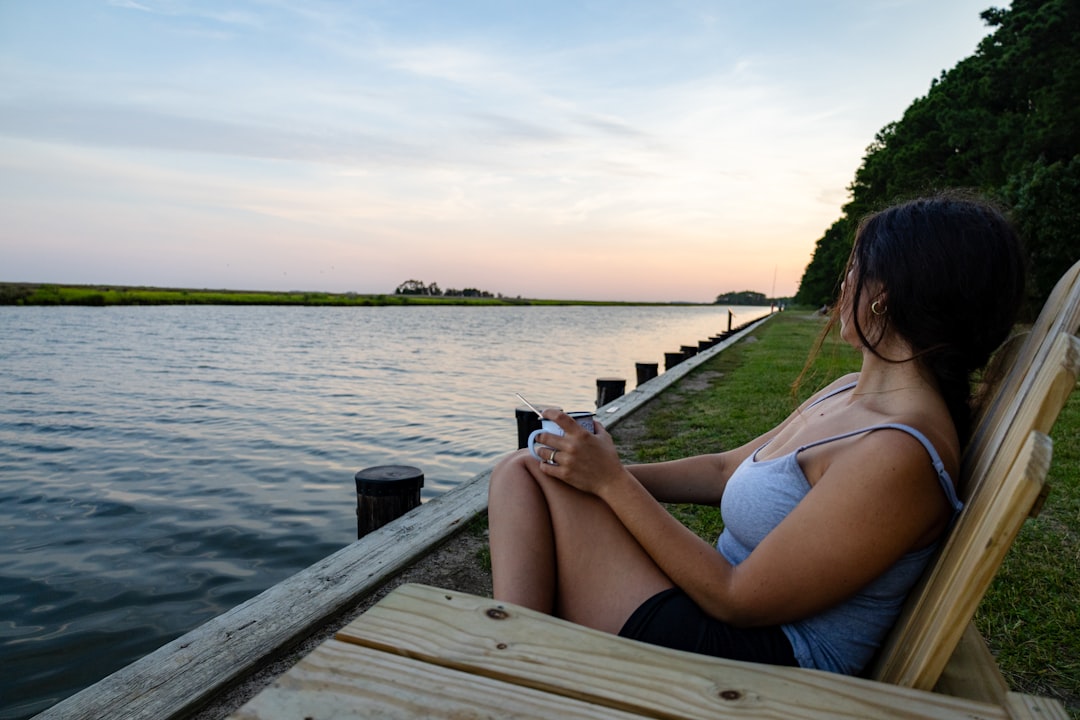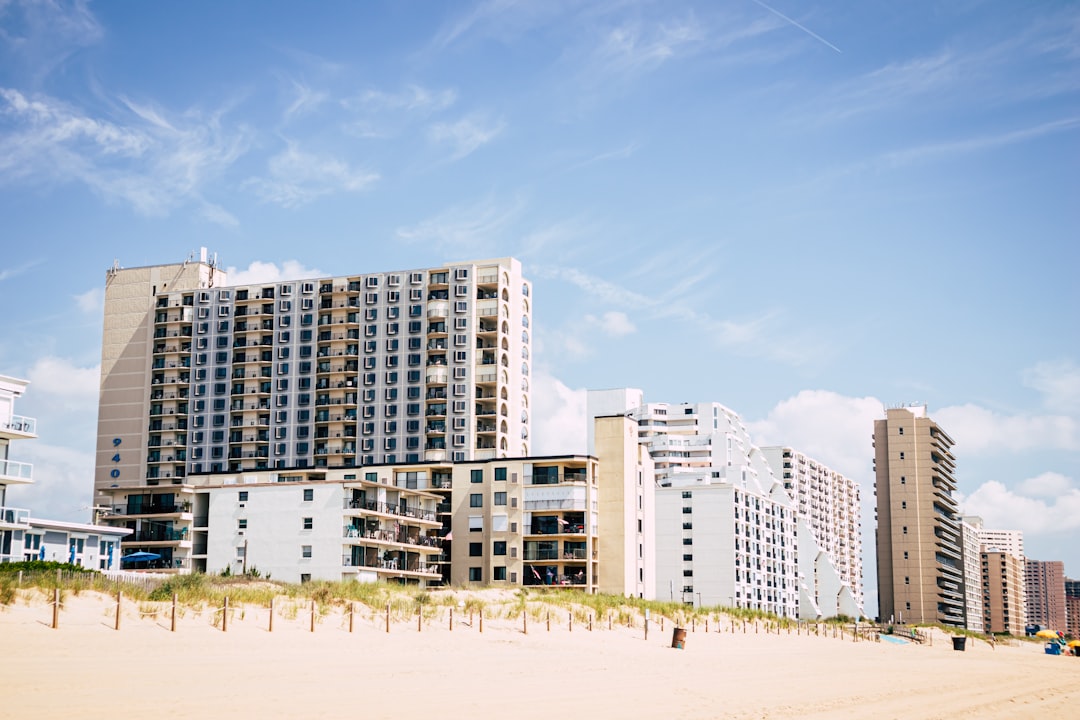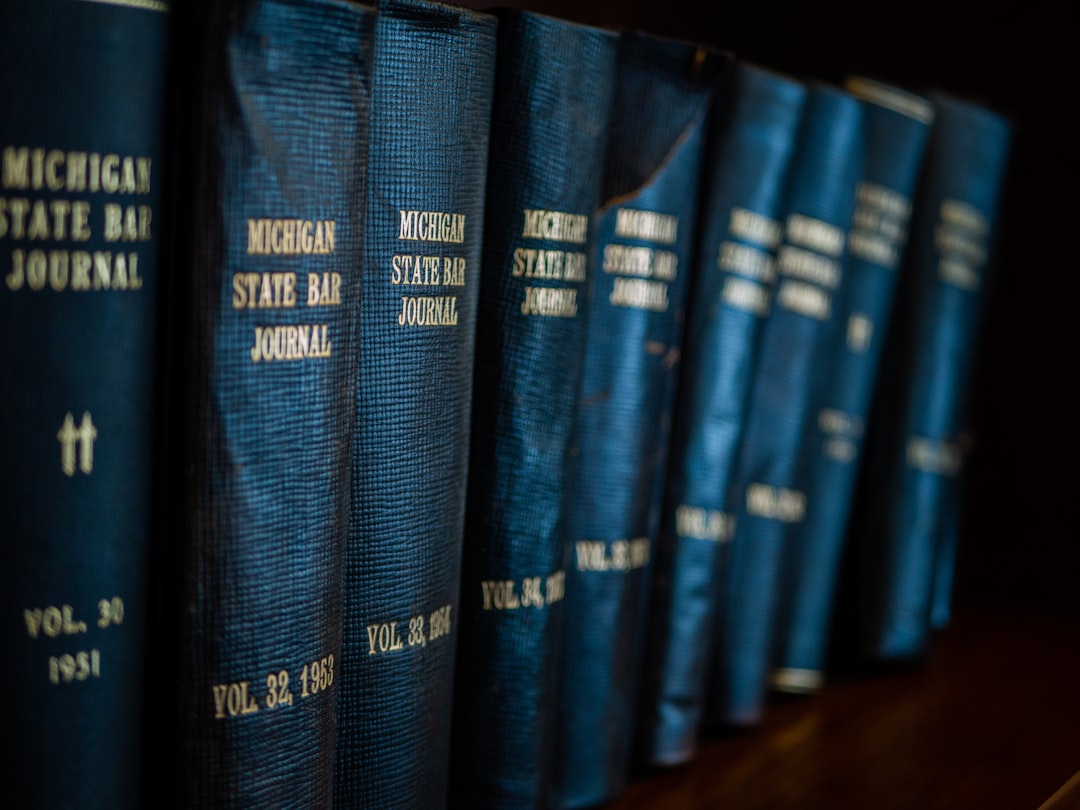In Maryland, strict laws protect students from sexual abuse in schools, with a focus on reporting, investigating, and prosecuting offenses. A school abuse law firm in Maryland navigates these regulations, ensuring justice for victims and accountability for institutions. These firms address complexities around consent and age of majority to protect minor rights. Baltimore's definition of school sexual abuse includes various forms of unwanted conduct by staff or peers, emphasizing the importance of vigilant identification and reporting by all employees. Law firms provide specialized guidance on reporting obligations, counseling, medical aid, and legal representation for survivors, advocating for their interests and holding institutions accountable.
In Baltimore, understanding the legal definition of school sexual abuse is paramount to ensuring a safe educational environment. This comprehensive guide explores the intricate web of laws protecting students in Maryland. From the legal framework governing such incidents to defining consent and the age of majority in educational contexts, we dissect various prohibited conduct types. We also shed light on schools’ and staff reporting obligations and the rights available to survivors. For those seeking justice, this article offers crucial insights from a leading school abuse law firm in Maryland.
Legal Framework for School Sexual Abuse in Maryland

In Maryland, the legal framework surrounding school sexual abuse is stringent and designed to protect students. The state has implemented laws that hold educational institutions accountable for addressing and preventing sexual misconduct within their walls. A school abuse law firm in Maryland plays a pivotal role in navigating these legalities, ensuring justice for victims, and demanding accountability from perpetrators and institutions alike.
Key legislation, such as the Maryland Sexual Offender Registration Act, outlines strict protocols for reporting, investigating, and prosecuting sexual offenses, including those that occur on school premises. This comprehensive framework includes provisions for student-to-student and staff-to-student abuse, emphasizing the duty of care schools owe to their students’ safety and well-being.
Defining Consent and Age of Majority in Education

In the context of understanding school sexual abuse in Baltimore, it’s crucial to define consent and the age of majority within an educational setting. Consent refers to a voluntary agreement between individuals participating in a sexual act, with awareness and acceptance of the implications. However, this concept is nuanced when applied to minors due to their developmental immaturity. In Maryland, the age of majority for legal purposes, including sexual consent, is 18 years old. This means that any sexual activity involving individuals under this age is considered a violation, regardless of perceived mutual consent between the parties involved.
A school abuse law firm in Maryland often navigates these complexities when representing victims of sexual misconduct within educational institutions. They must ensure that the rights of minors are protected and that legal definitions of consent and majority are strictly adhered to. This clarifies the boundaries of acceptable behavior and helps maintain a safe learning environment for all students.
Types of Prohibited Conduct in Educational Settings
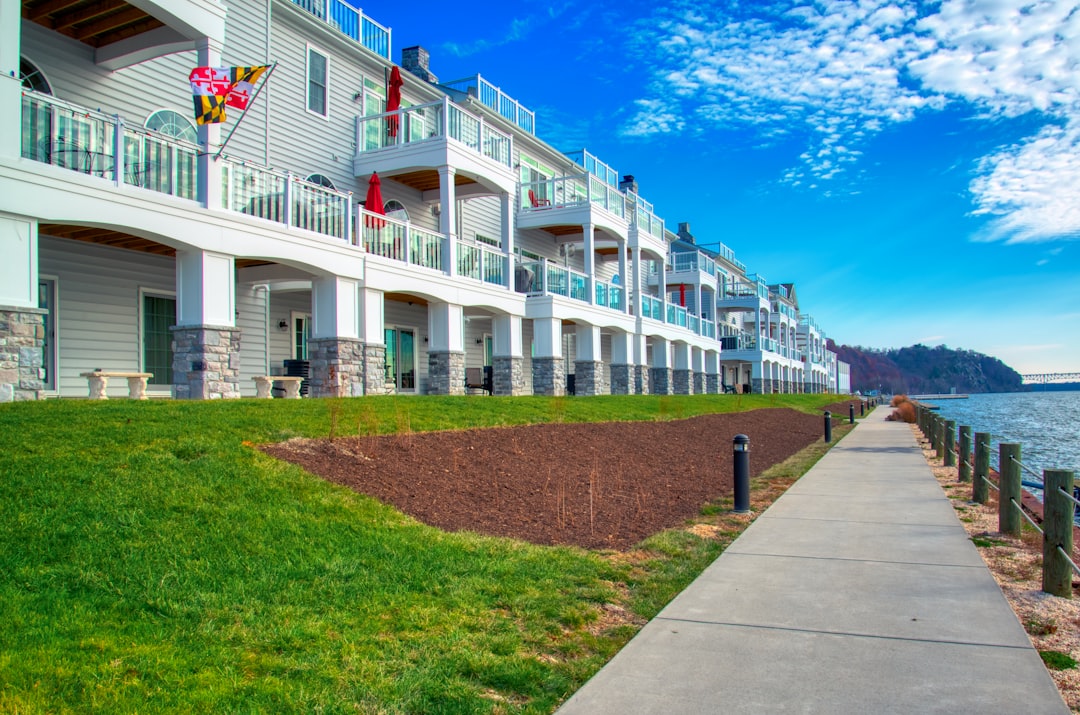
In educational settings, several types of prohibited conduct constitute school sexual abuse in Baltimore, as defined by the law. This includes any form of sexual contact or behavior that is inappropriate and unwanted between a student and an employee of the institution. Such actions can range from physical touching to explicit discussions or sharing of sexually explicit material. Additionally, non-physical forms of abuse like verbal harassment, online exploitation, or creating a hostile environment through threatening or coercive behavior are also covered under the school abuse law firm Maryland guidelines.
The scope extends to various interactions, including but not limited to, teachers, administrators, coaches, or any other staff member who exploits their position of power or authority over students. Moreover, peer-to-peer harassment and bullying that involves sexual content or implications are also addressed in the legal definition. Recognizing these different forms of prohibited conduct is crucial for both educational institutions and a school abuse law firm Maryland to ensure a safe learning environment and take appropriate actions when such incidents occur.
Reporting Obligations for Schools and Staff
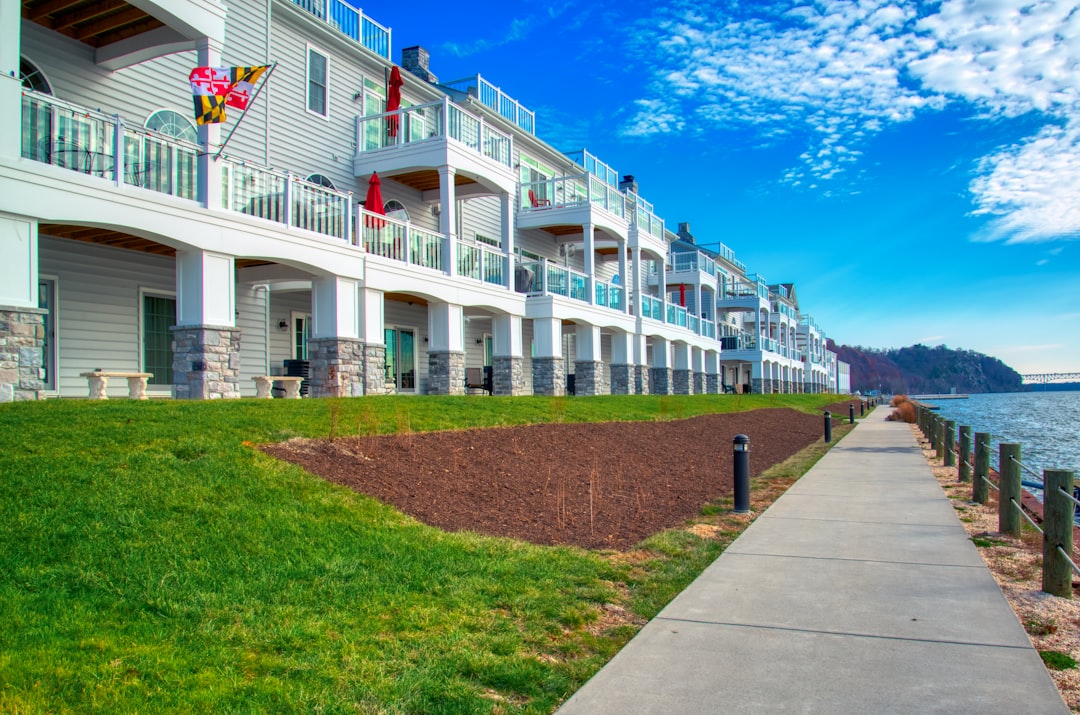
In Baltimore, the legal definition of school sexual abuse is taken seriously, with strict reporting obligations for schools and staff. Per Maryland state laws, educational institutions are mandated to have comprehensive policies in place to address and prevent sexual misconduct involving students. This includes mandatory training for staff on recognizing and reporting any incidents of abuse. Any employee, from teachers to bus drivers, who becomes aware of potential school abuse is required by law to report it promptly to designated authorities within the school or to local law enforcement agencies.
A school abuse law firm in Maryland can provide guidance on these obligations and assist in navigating the legal process should a case arise. The goal is to ensure that all reported incidents are handled with care and sensitivity, while also upholding the law to protect students from further harm. Effective reporting procedures are crucial in fostering a safe learning environment and holding accountable those who violate the trust of the educational system.
Rights and Resources for Survivors of School Abuse
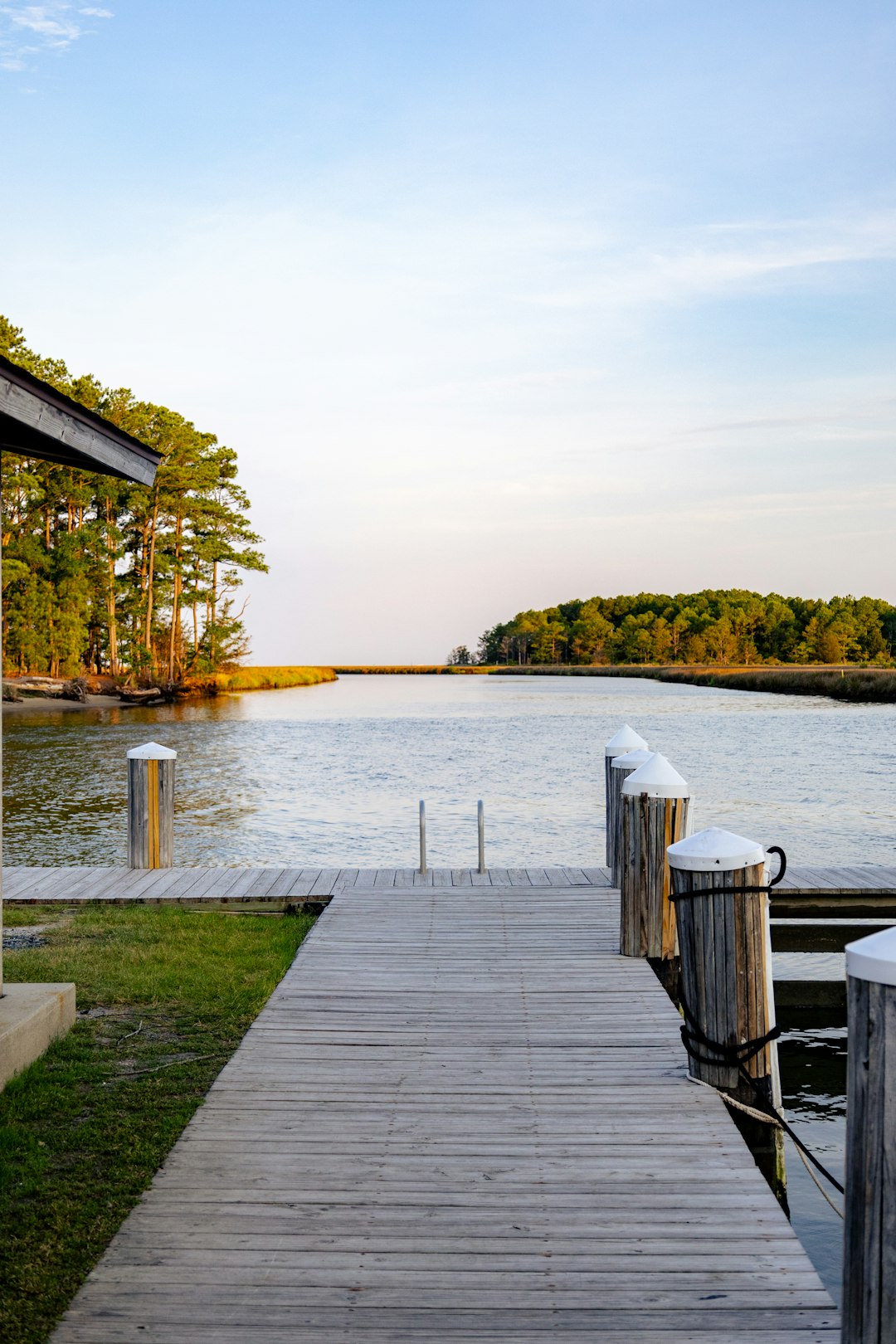
Survivors of school sexual abuse in Baltimore have rights and resources available to them, thanks to dedicated school abuse law firms in Maryland. These legal professionals specialize in navigating complex laws and providing support to individuals who have experienced such trauma. They offer a range of services, including counseling, medical assistance, and legal representation to ensure justice and compensation for the survivors.
Many victims may not be aware of their rights or feel intimidated by the legal process. A school abuse law firm can guide them through this difficult time, explaining their options clearly and advocating for their interests. They work tirelessly to hold educational institutions accountable, ensuring that other students are protected from similar abuses in the future.
